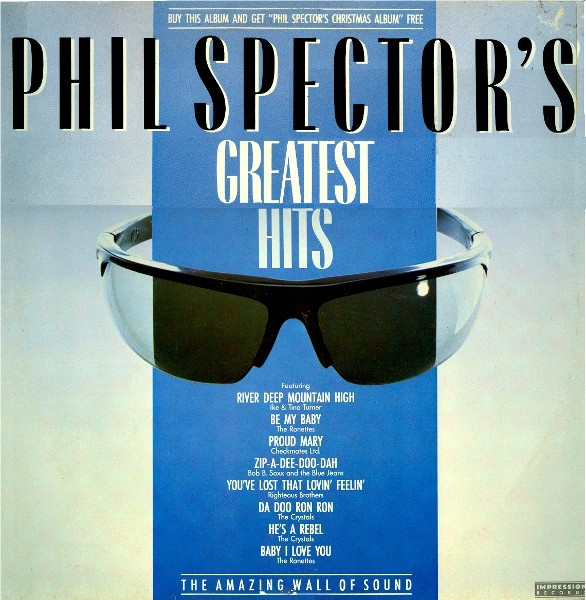Bruce Springsteen: The Ghost Of Tom Joad - 1995

Thirteen years on from the bold experiment of releasing a bleak, acoustic album in Nebraska, Bruce Springsteen decided to do basically the same thing again, although this time there were a few guitars added here and there, but it was pretty much an acoustic outing.
From Nebraska’s stark Mid-West badlands, the focus switches to the God-forsaken, arid border lands of Arizona, Texas, New Mexico and into Mexico itself. The songs are often heartbreaking tales of hopeful migrants, drug addicts, prostitutes, their clients, drifters, ex-cons, no-goods, poor fishermen and Vietnam vets.
The Ghost Of Tom Joad, more recently transformed into a guitar-driven masterpiece in concert, is here a gentle, acoustic-guitar and harmonica number with a melodic bass too, backing Springsteen’s quiet, sombre, reflective voice. A truly great track, chock full of cinematic imagery.
The stark Straight Time and the sleazy Highway 29 mine the same vein - quiet, understated in vocal delivery and instrumental yet incredibly powerful lyrically. It cannot be understated how brave it was to put out albums like this. This is an artist whose reputation was built on giving it his all on stage, playing often loud, dynamic rock songs. Here he is laid back, thoughtful, world-weary.
The trio of Sinaloa Cowboys, The Line and Balboa Park are three of Springsteen’s saddest, most evocative narratives. It is impossible to listen to them without being moved. The characterisation is marvellous. They are the best three songs on the album.
Across The Border is a lovely song, musically, too. It has since been beautifully covered by Linda Ronstadt and Emmylou Harris, singing in duet. Songs like Galveston Bay are almost mini-filmic dramas in themselves. Similarly the three songs I mentioned earlier. One could make a short movie of all of them.
The bleak narratives of Dry Lightning, The New Timer and the short My Best Was Never Good Enough all add to the whole air of little hope against a background of an unforgiving, hard land.
Musically, the only nod to “rock” music is on the blistering Youngstown, the one song not set in the Southern borderlands, but in the steel foundries of North-East Ohio. As with the other songs, though, the outcome is a bleak one.
This is a phenomenally sad album. No-one comes out of it with much hope. Maybe there is some redemption when the Vietnam vet puts the knife back in his pocket and walks on at the end of Galveston Bay. A tiny glimmer of humanity and hope for a better world.










